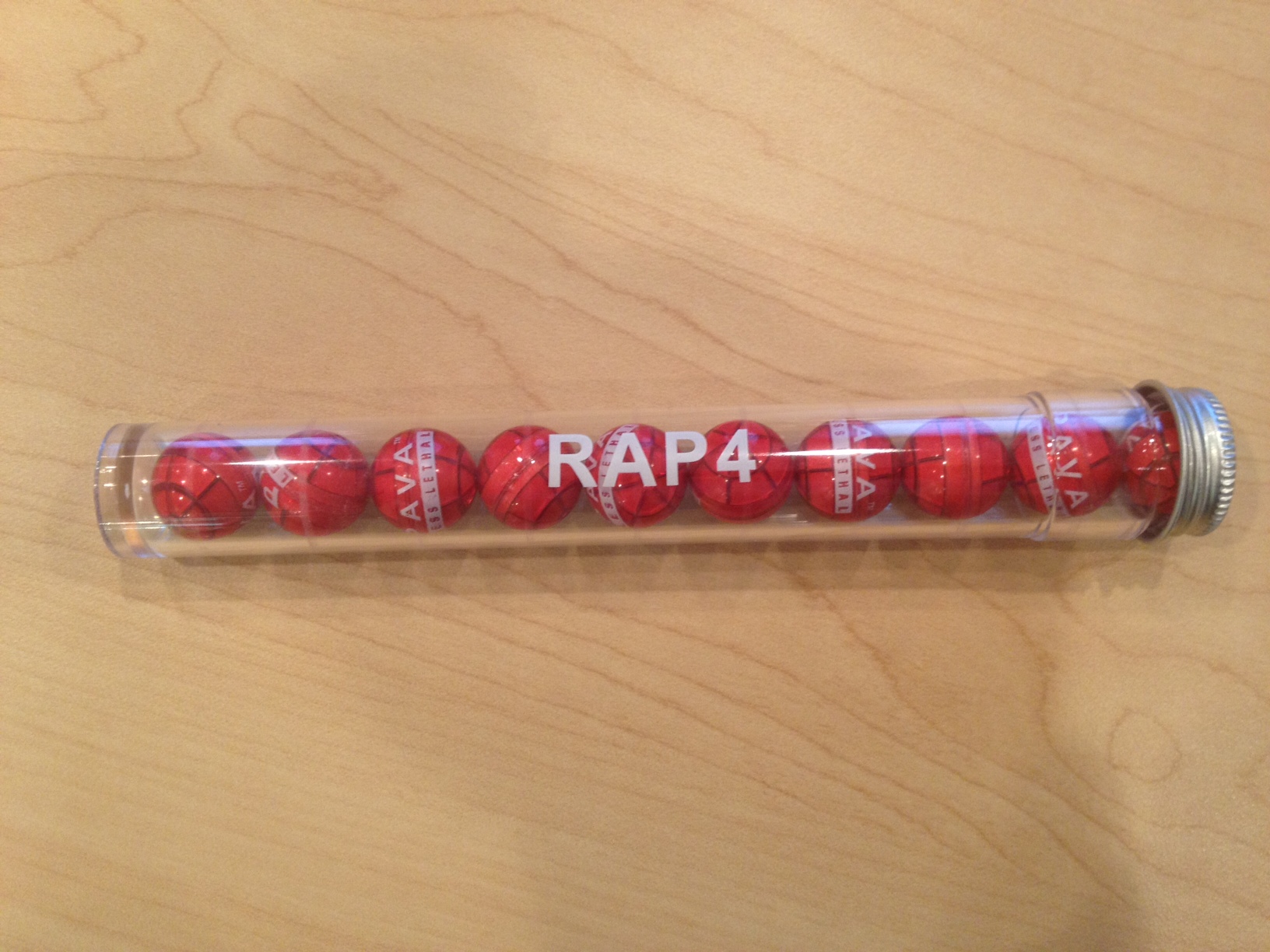Indianapolis, Indiana – In the matter of American Petroleum Institute v. Bullseye Automotive Products, et al., Indiana trademark litigators Paul B. Overhauser and John M. Bradshaw of Overhauser Law Offices, attorneys for Carlos Silva, petitioned the court to dismiss Silva for lack of personal jurisdiction. District Judge Tanya Walton Pratt granted the motion to dismiss.
In July 2013, Indiana trademark attorneys for American Petroleum Institute (“API”) of Washington, D.C. sued in the Southern District of Indiana alleging that Bullseye Automotive Products Inc. and Bullseye Lubricants Inc., both of Chicago, Illinois (collectively, “Bullseye”), and Carlos Silva of Chicago Ridge, Illinois infringed registered API “Starburst” and “Donut” trademarks, Registration Nos. 1864428, 1868779, and 1872999.
The Bullseye entities are Illinois corporations that bottle and sell motor oil. Defendant Silva is the sole incorporator and shareholder of the Bullseye entities. Plaintiff API is a trade association for the petroleum and natural-gas industry.
API brought various claims against Bullseye and Silva as an individual, including trademark infringement and trademark dilution. It claimed that Bullseye’s labeling infringed on its “Starburst” and “Donut” certification marks. While Bullseye did not contest jurisdiction in Indiana, trademark lawyers for Silva asked the court to dismiss the claims against him for lack of personal jurisdiction.
API countered that the exercise of personal jurisdiction over Silva in Indiana was proper, contending that Silva personally directed the allegedly infringing activities, that he exercised complete control over Bullseye and that he and Bullseye were essentially the same entity for jurisdictional purposes. API made no argument that Silva personally had sufficient contacts with Indiana to permit an Indiana court to exercise personal jurisdiction.
The court rejected API’s “alter-ego” theory of personal jurisdiction, stating that this argument pertained to liability, not jurisdiction. Even if the court determined that Silva were the alter ego of Bullseye, a finding that the court explicitly declined to make, such potential for liability for corporate acts was held to be irrelevant to the question of personal jurisdiction. In so ruling, the court stated that it was refusing to disregard the corporate form and bypass the protections it offers, citing the longstanding rule that a “corporation exists separately from its shareholders, officers, directors and related corporations….”
The court then analyzed whether it would be appropriate to exercise personal jurisdiction over Silva based on his personal contacts with the state of Indiana. It concluded that Silva as an individual had not purposefully availed himself of the privilege of conducting activities within Indiana such that he would reasonably anticipate being haled into an Indiana court. Finding that the minimum contacts necessary had not been established, the court held that exercising personal jurisdiction over Silva would offend due process and the “traditional notions of fair play and substantial justice” and dismissed Silva from the lawsuit.
Practice Tip: Many of the arguments API made – for example, that Silva personally selected the text and design for Bullseye’s labels, that he personally negotiated with suppliers and that he oversaw production – do not support an “alter ego” theory. Activities such as these must necessarily be carried out by the sole shareholder of a small corporation. To find that a small corporation is the alter ego of a sole shareholder merely because that shareholder acts on behalf of the company would violate the basic principles of corporation law.
Paul B. Overhauser, Managing Partner of Overhauser Law Offices, also recently prevailed on the issue of personal jurisdiction in the Seventh Circuit in another lawsuit alleging trademark infringement.
 Indiana Intellectual Property Law News
Indiana Intellectual Property Law News


 e, Indiana –
e, Indiana – 
 Indiana sued in Indiana state court alleging that
Indiana sued in Indiana state court alleging that 

